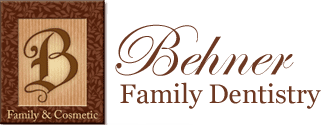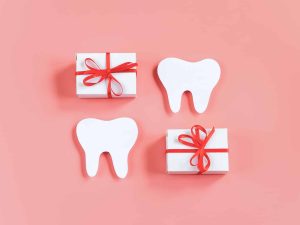
Despite the widespread understanding of the need to brush teeth regularly, many people still overlook the significance of flossing in maintaining oral hygiene. Flossing is an essential dental care activity that reaches the nooks and crannies where your toothbrush simply can’t. So, let’s delve deeper into the importance of this often-neglected aspect of oral care.
Why is Flossing Important?
First and foremost, flossing plays a crucial role in dislodging trapped food particles in the tight spaces between your teeth. These particles, if left unattended, could lead to plaque formation, which is the primary culprit behind a host of dental diseases, including tooth decay and gum disease. Flossing essentially aids in keeping your mouth clean, providing an added layer of protection over and above regular brushing.
The Role of Flossing in Preventing Gum Disease
Gum disease is one of the most common dental issues and is often a result of poor oral hygiene. When plaque builds up, it hardens to form tartar, which in turn causes inflammation and gum bleeding – the tell-tale signs of gingivitis, the first stage of gum disease. The good news? Regular and proper flossing can significantly lower your risk of developing gum disease by keeping plaque at bay.
Correct Flossing Techniques
Now that we’ve established the importance of flossing, let’s focus on the proper technique. It’s not just about threading a piece of floss between your teeth and moving it back and forth. The American Dental Association (ADA) recommends a specific method for maximum effectiveness.
Start with about 18 inches of floss. Wind most of it around each of your middle fingers, leaving about 1-2 inches of floss for your teeth. Hold the floss taut between your thumbs and index fingers, then slide it gently up-and-down between your teeth. Curve the floss around the base of each tooth, making sure you go beneath the gumline. Be careful not to snap or force the floss, as it can bruise or cut the gum tissue.
Types of Dental Floss
There are several types of dental floss available, and the choice boils down to personal preference and specific needs. The two main types are nylon (or multifilament) floss and PTFE (monofilament) floss. Nylon floss can be waxed or unwaxed and comes in a variety of flavors. PTFE floss, on the other hand, is more resistant to shredding. It’s worth trying out different types to figure out what works best for you.
Flossing Alternatives
While traditional flossing is highly recommended, it’s not the only way to clean those hard-to-reach areas. Flossing alternatives like water flossers or interdental brushes can also be effective, especially for people with braces or other dental work. These alternatives work differently, but the goal remains the same – keeping your teeth and gums clean and healthy.
Flossing and Overall Health
The benefits of flossing extend beyond a brighter smile. There’s growing evidence linking oral health with overall health. Conditions such as heart disease, diabetes, and respiratory diseases have been associated with oral health. Regular flossing helps maintain good oral health, thereby contributing positively to your overall health status.

Flossing for Children
Flossing is important for children too. It’s recommended to start flossing a child’s teeth as soon as two touch. Initially, parents should floss their children’s teeth, gradually teaching them to do it themselves as they grow older and their manual dexterity improves. By instilling this habit early, we can help set the stage for a lifetime of healthy oral hygiene habits.
In conclusion, flossing should be a non-negotiable part of your daily oral hygiene routine. It’s simple, quick, and carries myriad benefits for not just your oral health, but your overall well-being. Ready to step up your oral hygiene game? Get professional advice tailored to your dental needs. Schedule an appointment with our team of dental experts who are dedicated to helping you maintain a healthy, radiant smile. Don’t wait for a problem to arise, be proactive in your dental health. Book your appointment at Behner Dental today!
Contact Us Today!




